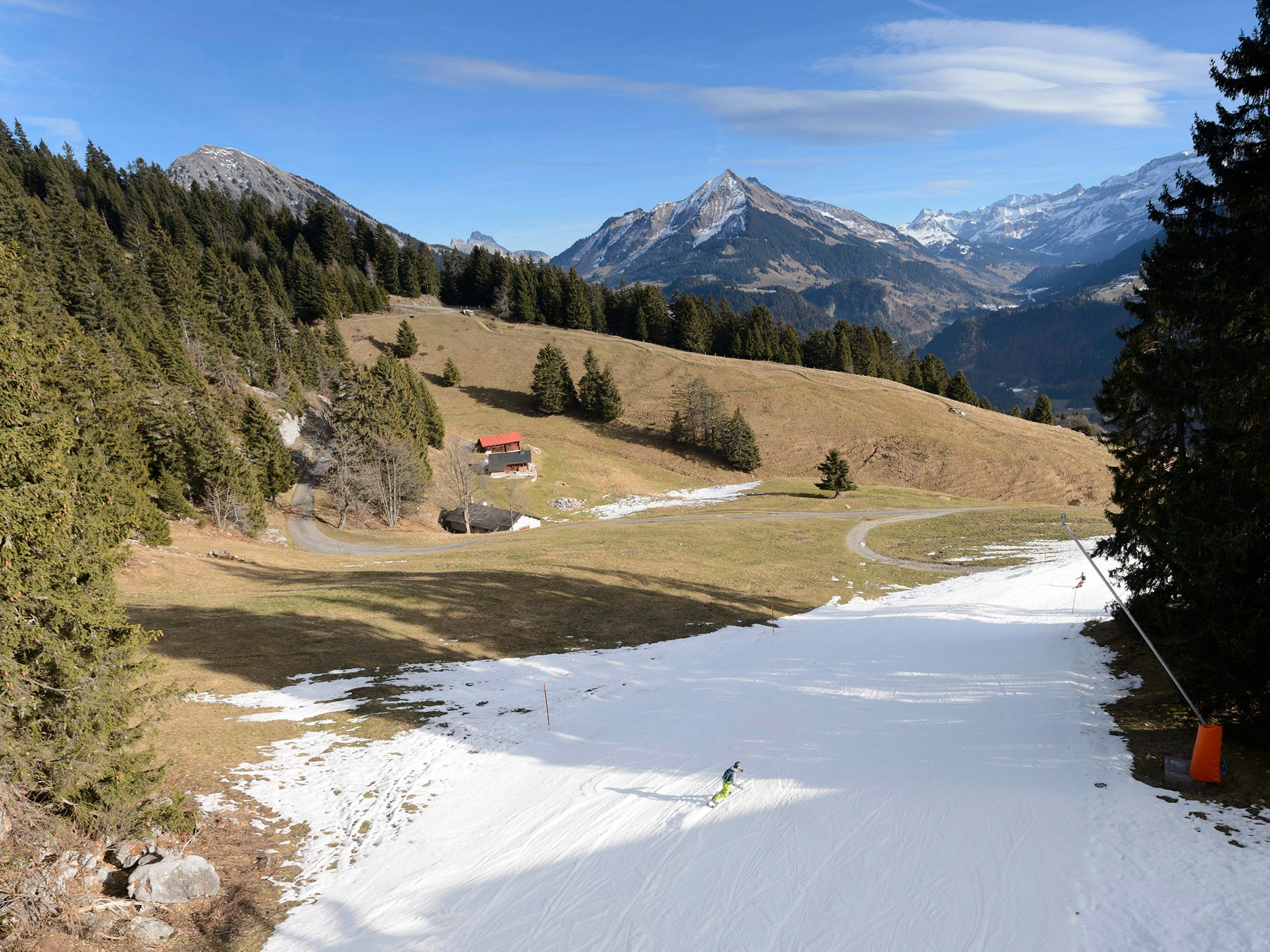Switzerland to vote on banning banks from creating money
More than 110,000 people want the SNB to be solely in charge of the funds

Switzerland will hold a referendum to decide whether its private banks can create money after 110,000 people said they want their central bank to be solely in charge.
Seven years after the financial crisis struck, the Swiss federal government confirmed on Christmas Eve that it would ask its people whether the central bank – the SNB – should be the sole institution to be able to create money in its financial system. No date has been set for the referendum yet.
The Swiss Sovereign Money campaign is leading the initiative and aims to curtail financial speculation, demanding that commercial banks hold 100 per cent reserves against their deposits. This issue will have to go to a referendum under Swiss law now that the petition has gained more than 100,000 signatures within 18 months of launching.
“Banks won’t be able to create money for themselves any more, they’ll only be able to lend money that they have from savers or other banks,” said the campaign group, as reported by The Telegraph.
While central banks do control the creation of printed notes and coins, commercial banks can offer lines of credit. Over 90 per cent of money in circulation in Switzerland now is in the form of electronic cash from commercial banks, in line with the rise of electronic payment transactions.
The SNB also tries to influence supply of money through monetary policies, and its decisions can have an effect on capital markets. In January the SNB scrapped its currency peg to the euro three years after it was implemented, which sent the Swiss franc skyrocketing in value.
The Swiss people voted last year to reject a law that required the central bank to increase its gold reserves from 7 per cent to 20 per cent.
Iceland is considering a similar move after the collapse of its banking system in 2008.
Subscribe to Independent Premium to bookmark this article
Want to bookmark your favourite articles and stories to read or reference later? Start your Independent Premium subscription today.

Join our commenting forum
Join thought-provoking conversations, follow other Independent readers and see their replies